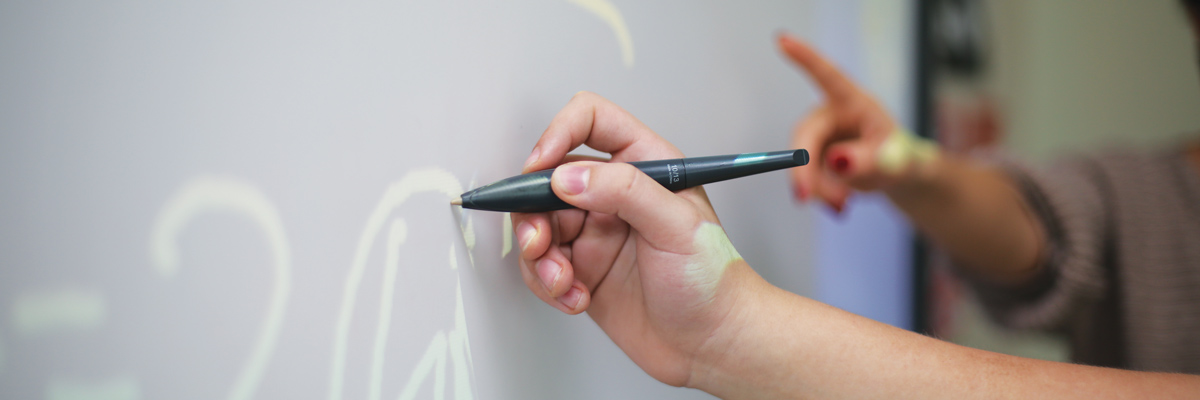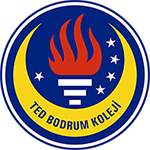
Evaluation work in the training and education process provides students with opportunities to get to know and develop themselves by establishing their academic potentials, skills, and personal development. In addition, measurement and evaluation activities are a chance to review, and amend as necessary, learning activities, course plans, and education curricula and techniques.
Exams organised at all TED schools at the same time allows us to identify the academic and developmental levels of students at the start, in the course and at the end of every academic year. This practice ensures academic standardisation at all TED schools.
TED Bodrum College establishes the academic success of students on the basis of their learning outcomes in line with their scores in written exams, practical exams, performance work, and projects in line with the characteristics of respective subjects. Exam questions are prepared with a focus on the general and specific objectives and learning outcomes specified in curricula. Teachers constantly monitor and evaluate whether students have achieved the knowledge and skills targeted in the programmes through measurement and evaluation tools. Activities aiming to identify the students’ current status comprise of attendance in classes and activities and performance work. The efforts to establish students’ academic success emphasises tools and methods to measure their critical and creative thinking, research, questioning, problem-solving and similar skills. The measurement of students’ success is secured through the use of measurement tools that are suitable in terms of validity, reliability, and practical use.
These measurement and evaluation methods are utilised to follow up every student closely, to determine career preferences that will future their adult lives, and to enable them to be placed at the most suitable national or international universities for their preferences.
Exams organised at all TED schools at the same time allows us to identify the academic and developmental levels of students at the start, in the course and at the end of every academic year. This practice ensures academic standardisation at all TED schools.
TED Bodrum College establishes the academic success of students on the basis of their learning outcomes in line with their scores in written exams, practical exams, performance work, and projects in line with the characteristics of respective subjects. Exam questions are prepared with a focus on the general and specific objectives and learning outcomes specified in curricula. Teachers constantly monitor and evaluate whether students have achieved the knowledge and skills targeted in the programmes through measurement and evaluation tools. Activities aiming to identify the students’ current status comprise of attendance in classes and activities and performance work. The efforts to establish students’ academic success emphasises tools and methods to measure their critical and creative thinking, research, questioning, problem-solving and similar skills. The measurement of students’ success is secured through the use of measurement tools that are suitable in terms of validity, reliability, and practical use.
These measurement and evaluation methods are utilised to follow up every student closely, to determine career preferences that will future their adult lives, and to enable them to be placed at the most suitable national or international universities for their preferences.

